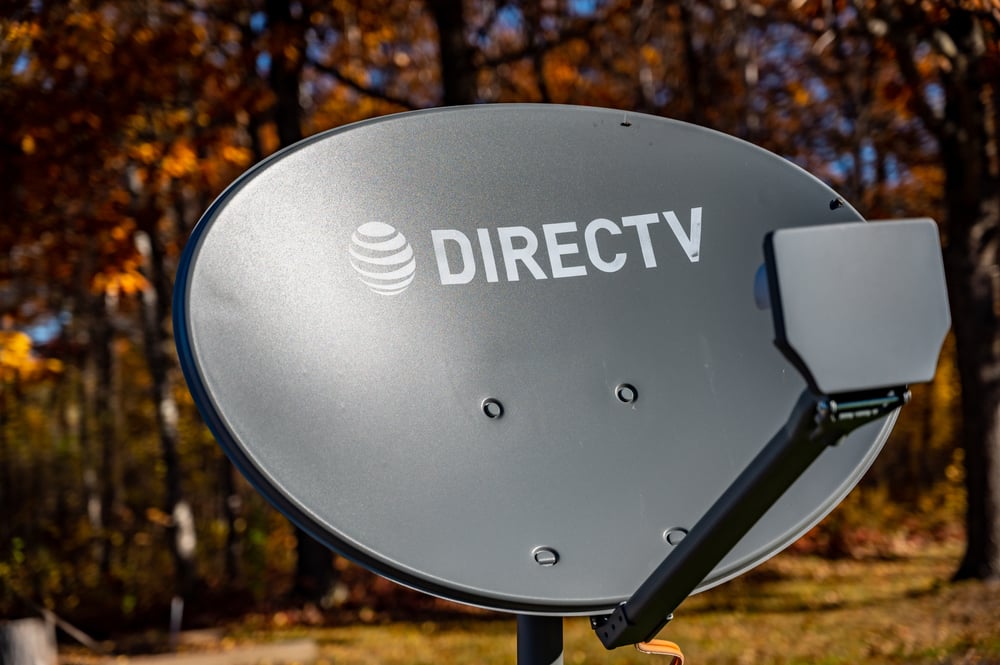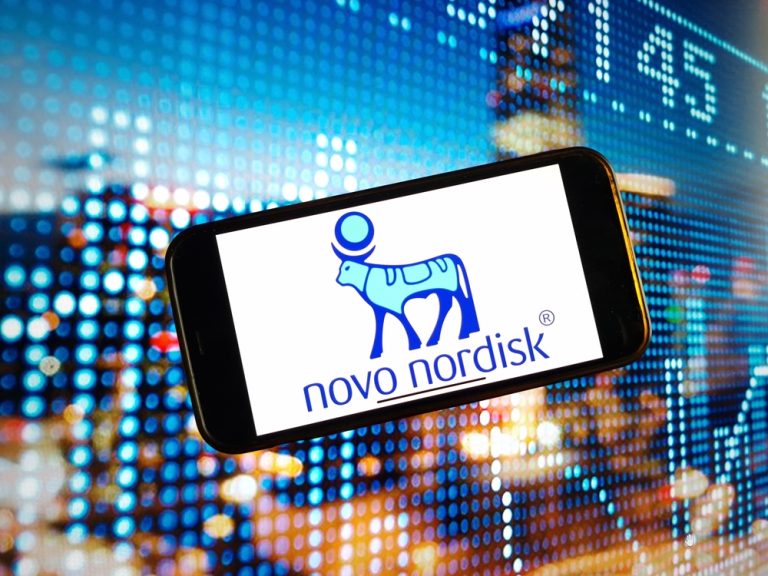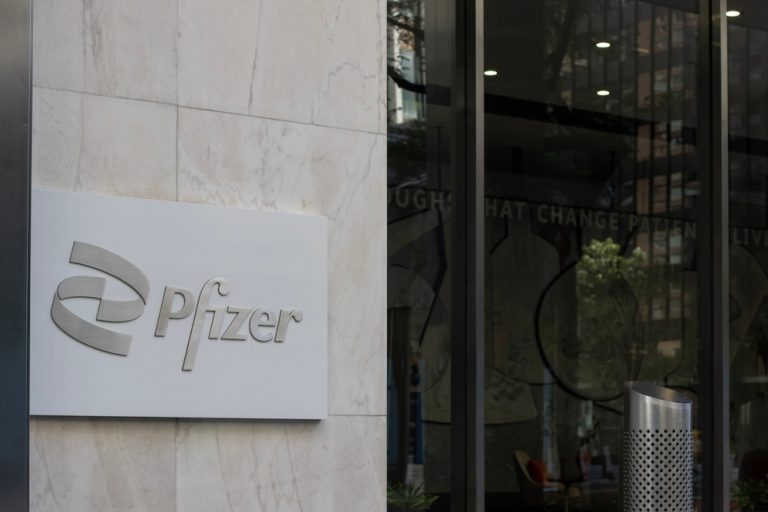DirecTV announced Monday that it is acquiring rival Dish Network, marking the end of decades of on-and-off merger talks between the two satellite services. Both companies have been struggling to retain subscribers in the face of the streaming boom, as platforms like Netflix, Hulu, and Amazon Prime Video have siphoned off millions of users with their lower prices and on-demand content.
The companies claim that the merger will create a more competitive force in an industry now dominated by tech giants and streaming platforms. Under the deal, DirecTV will pay Dish’s owner, EchoStar, just $1 in exchange for taking on Dish’s billions of dollars in debt.
In addition, private equity firm TPG will acquire AT&T’s remaining 70% stake in DirecTV. AT&T had initially purchased the company in 2015 before selling a 30% stake to TPG in 2021.
This deal is contingent on Dish bondholders agreeing to net debt lower than $1.56 billion. Dish, which has a $2 billion debt maturity due in late November, will receive a $10 billion loan from TPG and DirecTV to pay off this debt by November 24.
According to DirecTV, the merger provides both companies with greater scale and a more reliable revenue stream, positioning the new entity to compete better in the pay-TV market. Programmers like Disney stand to benefit, as the combined company will be able to offer skinnier packages and bundles.
For the time being, Dish and Sling TV brands will remain in place, and current customers won’t be forced to migrate to DirecTV. The new entity will have roughly 20 million subscribers, though this figure is a sharp decline from DirecTV’s peak of 20.3 million subscribers in 2015.
The merger also brings an end to long-standing rumors and past failed attempts to merge the two companies. Antitrust concerns in the early 2000s had previously blocked a proposed $19 billion merger between DirecTV and Dish, but changes in the media landscape have made such concerns less relevant today.
With this acquisition, DirecTV and Dish are positioning themselves to better compete with both traditional pay-TV rivals and the streaming services that have disrupted the market in recent years.






















